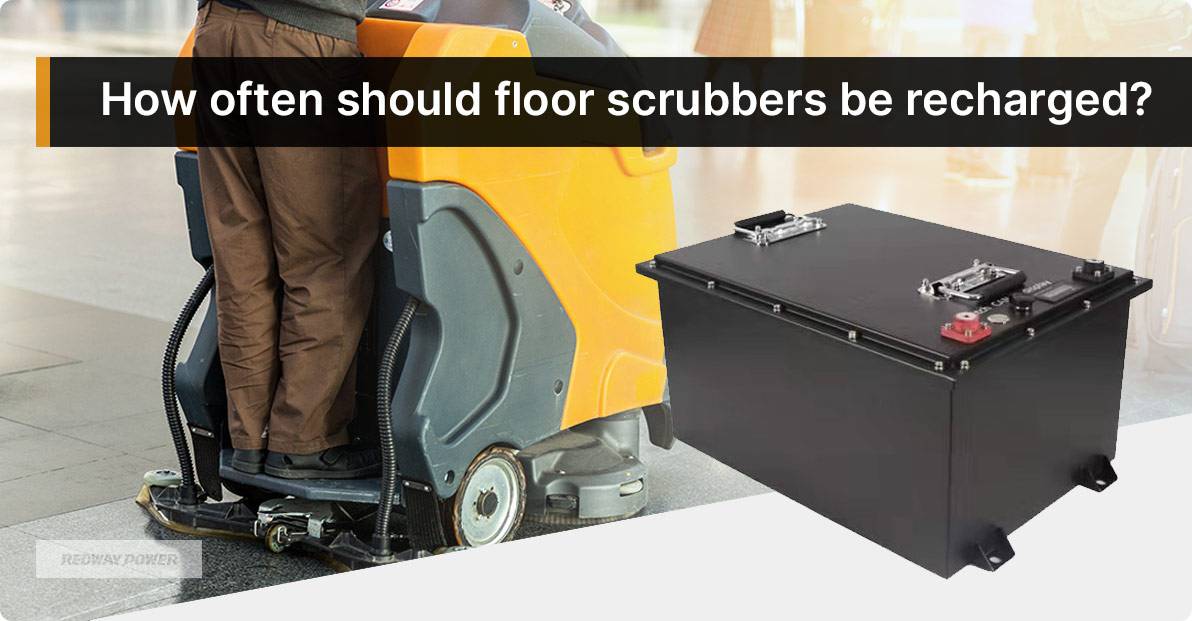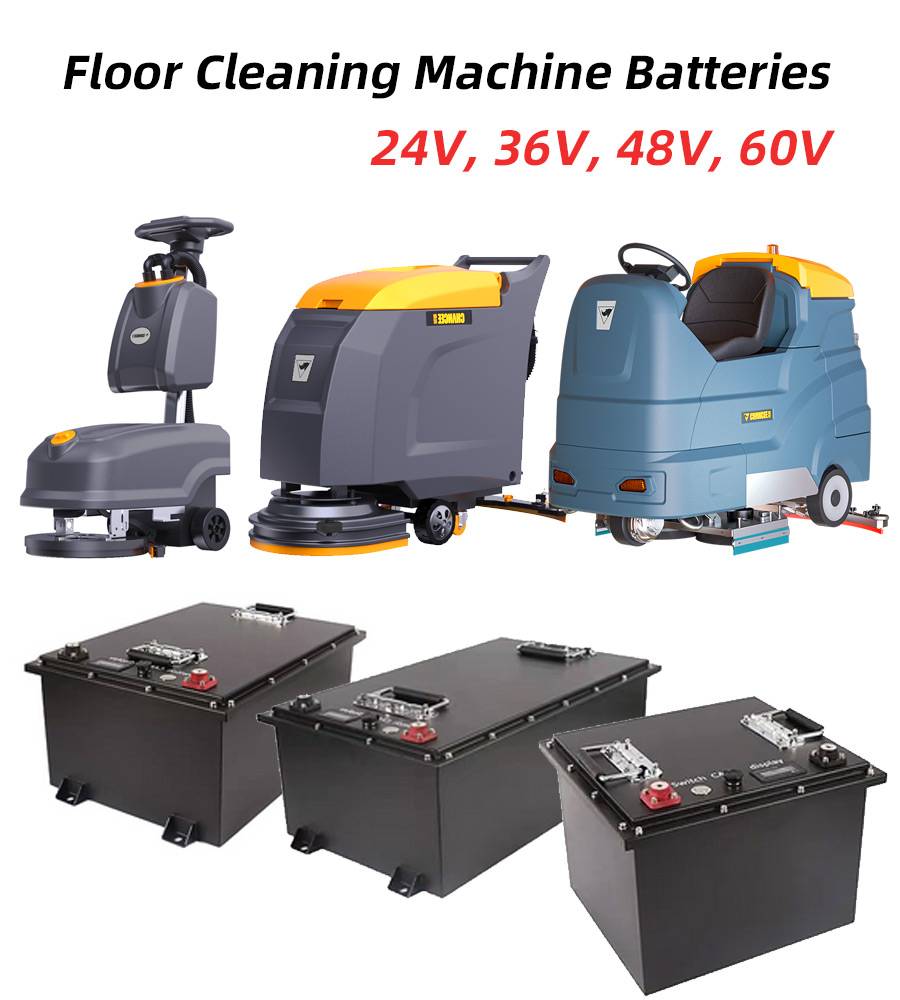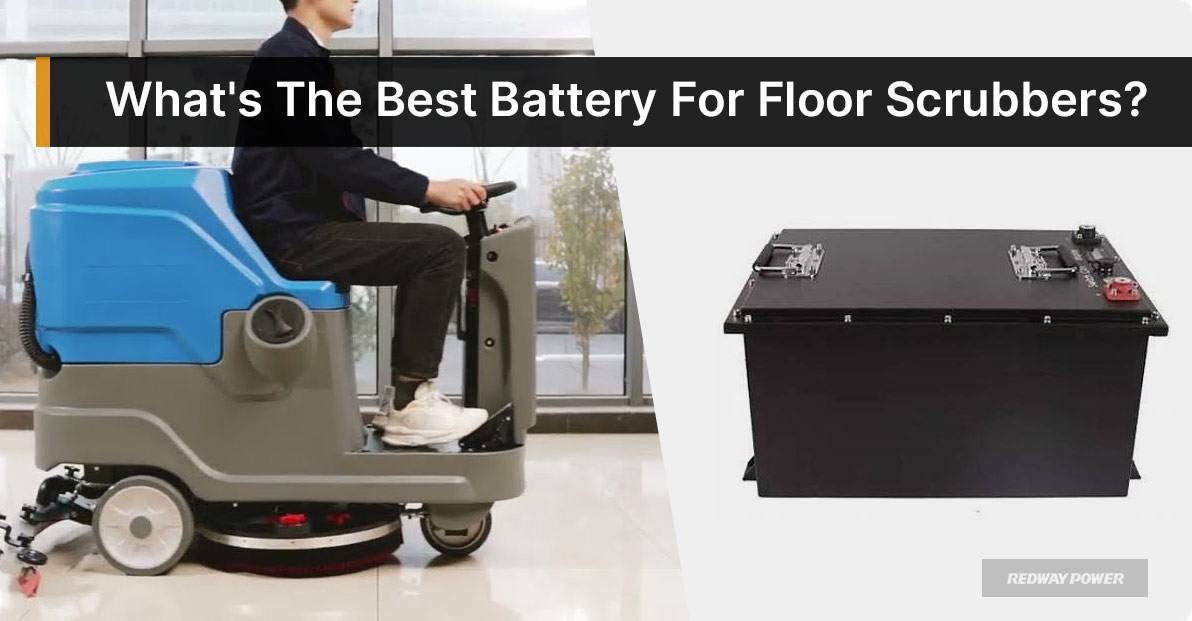LiFePO4 Floor Cleaning Machine Batteries Manufacturer
LiFePO4 Floor Cleaning Machine
Batteries, One-Stop Solution
Redway stands at the forefront of the industry as a leading manufacturer of LiFePO4 Floor Cleaning Machine Batteries. Our extensive range of LiFePO4 batteries is designed to meet the diverse needs of floor cleaning machine applications, providing the right lithium ion battery for every purpose.
Count on our team of battery experts to guide you in selecting the optimal Redway LiFePO4 Floor Cleaning Machine Battery design tailored to your specific application requirements. We employ the appropriate manufacturing processes to ensure the highest standards of performance and reliability in each battery solution.
Choose Your LiFePO4 Floor Cleaning Machine
Batteries Manufacturer
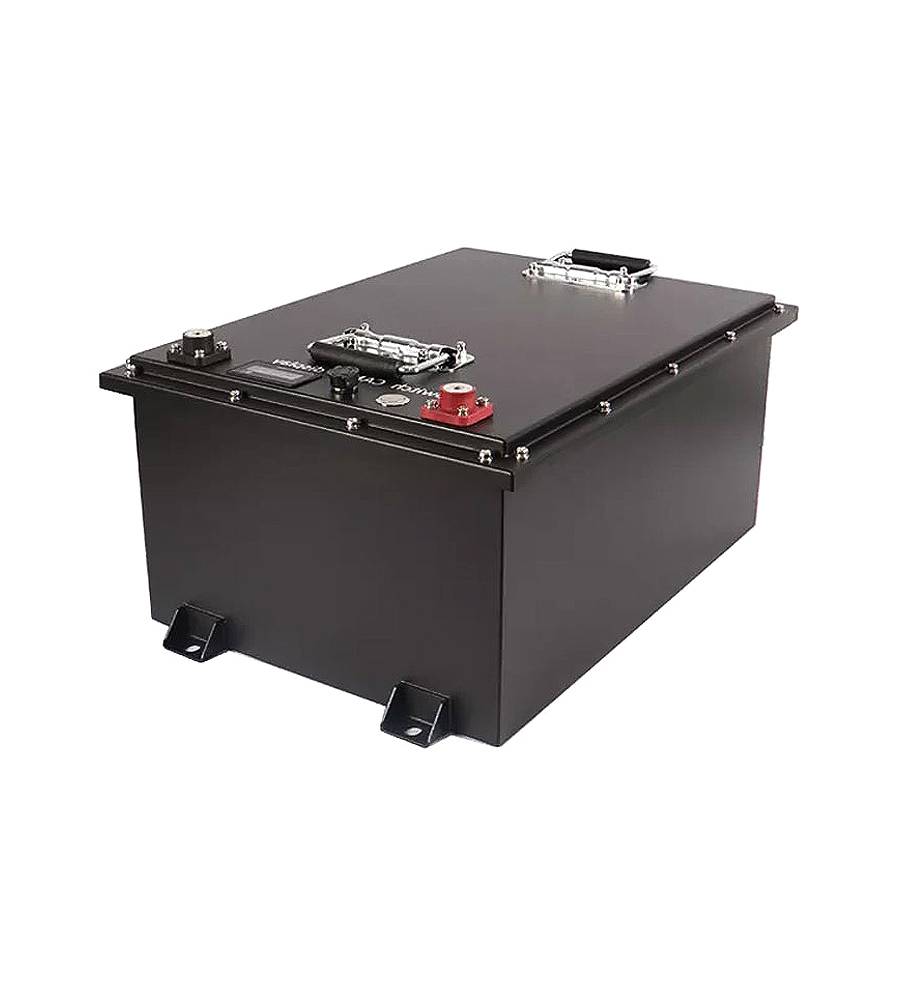
24V 80Ah Floor Cleaning Machine LiFePO4 Battery
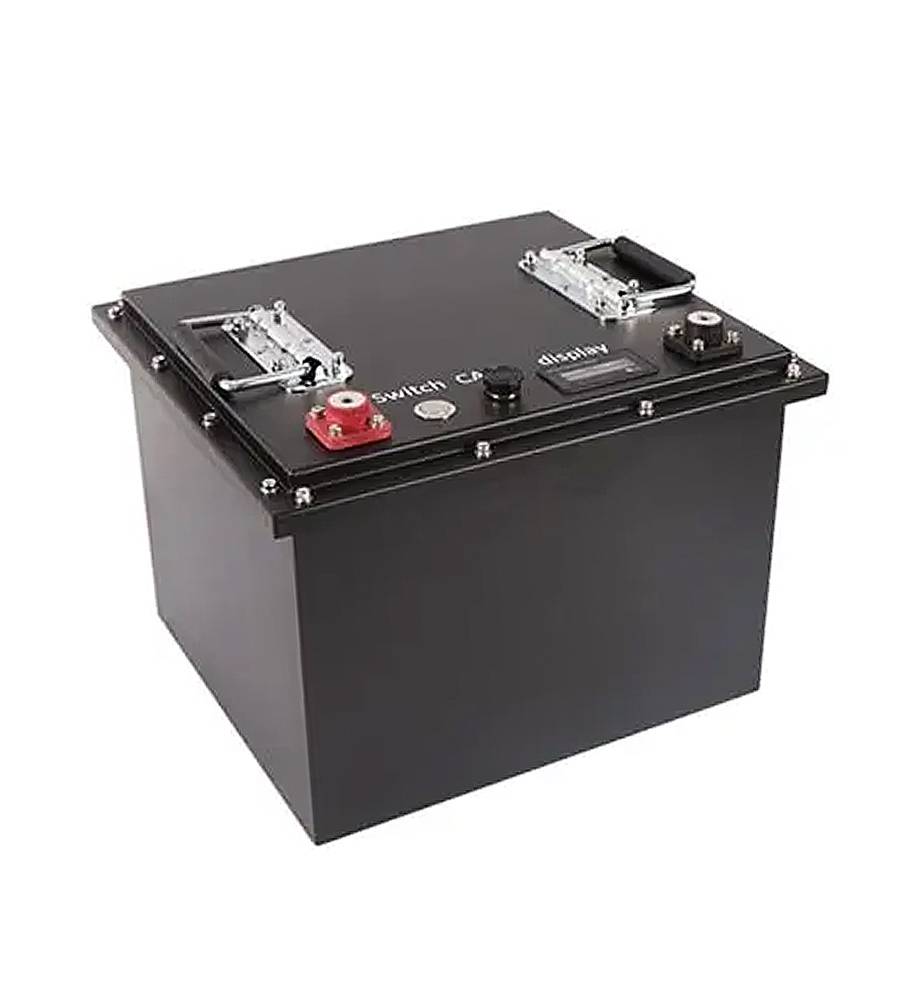
24V 105Ah Floor Cleaning Machine LiFePO4 Battery
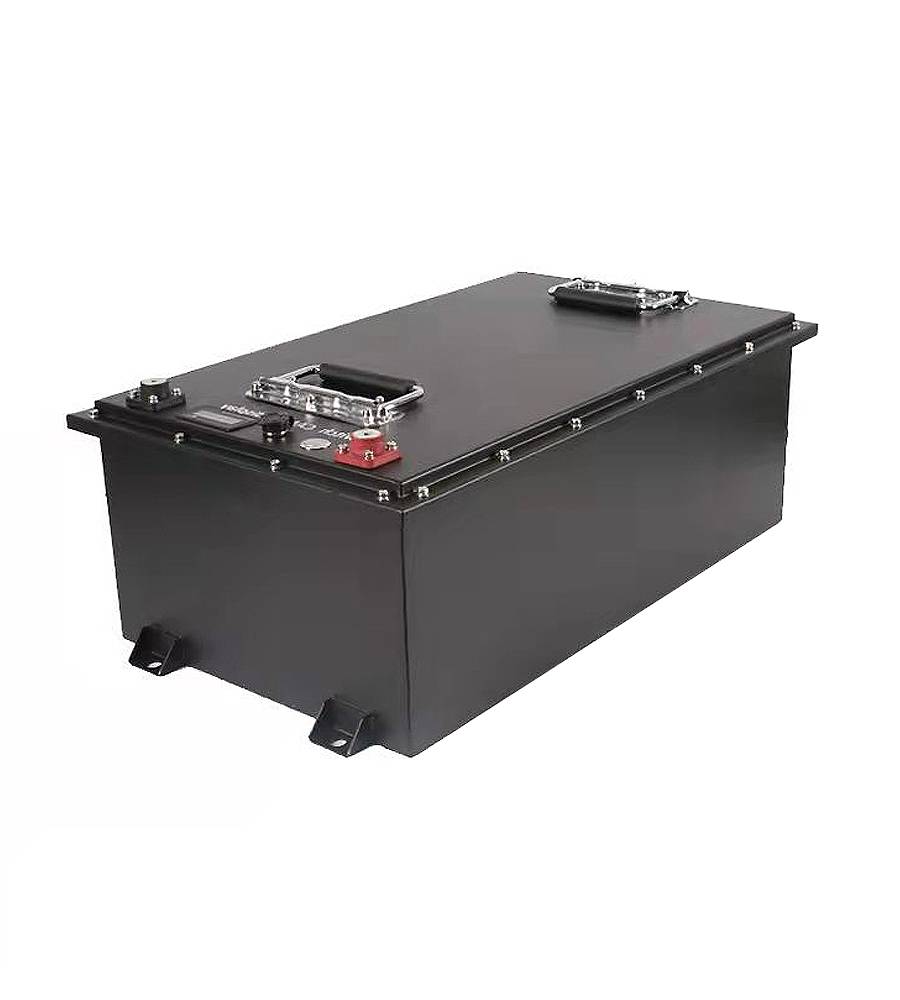
36V 160Ah Floor Cleaning Machine LiFePO4 Battery
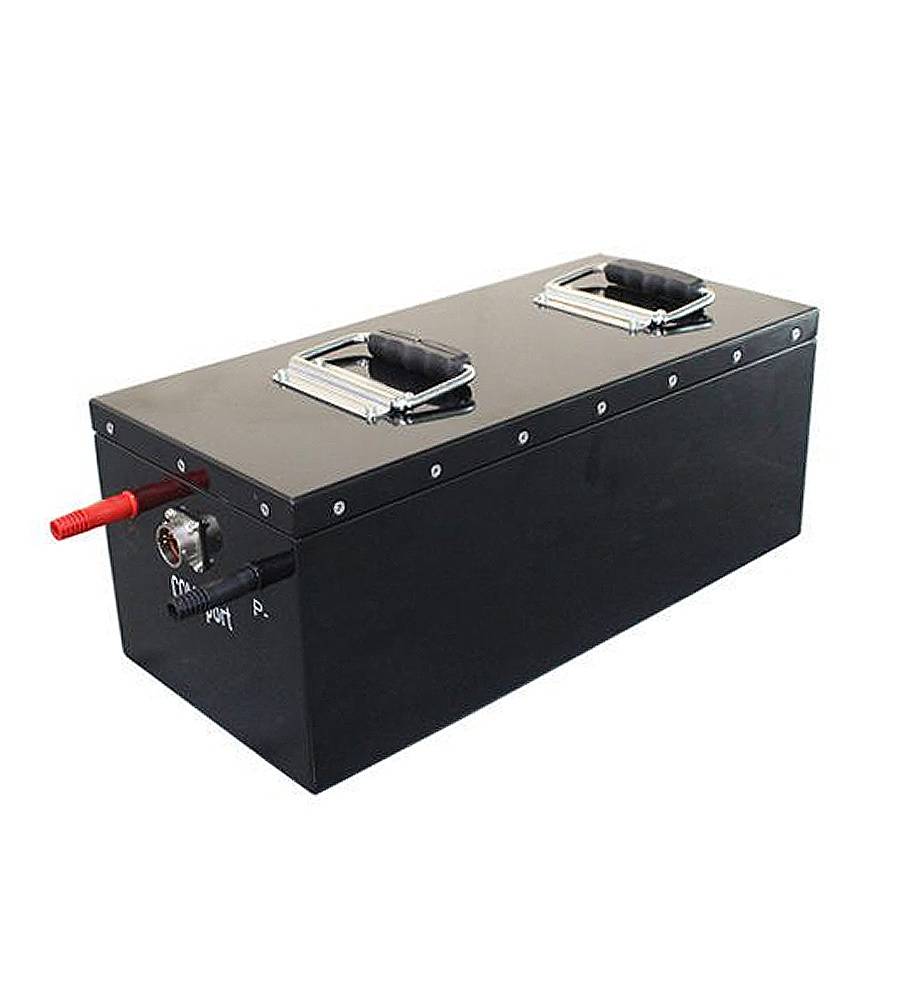
48V 60Ah Floor Cleaning Machine LiFePO4 Battery
What is the wholesale price of lithium battery?
You can click contact us or phone call us. We will give you multiple options of price.
Is Redway Power a trading company or factory?
Redway Power is a company with its own factory, integrating research, development, production, and sales.
How about the quality of Redway's LiFePo4 Battery product?
Redway Power boasts over 12 years of experience in LiFePO4 battery production and is an authorized supplier for CATL and BYD.
Can you do an OEM/ODM project?
Yes, we have engineers available to assist in designing and developing any related products.
What’s your MOQ?
MOQ varies according to battery voltage and capacity.
What payment terms can we accept?
We accept TT/Paypal/West Union, etc.
How Long Do LiFePO4 Floor Cleaning Machine Batteries Last?
You can use your floor scrubber for a long time before it runs out of power. It can be difficult to predict how long your batteries will last depending on how you use the device. For small businesses as well as large ones that maintain several physical locations, this is an important question to consider.
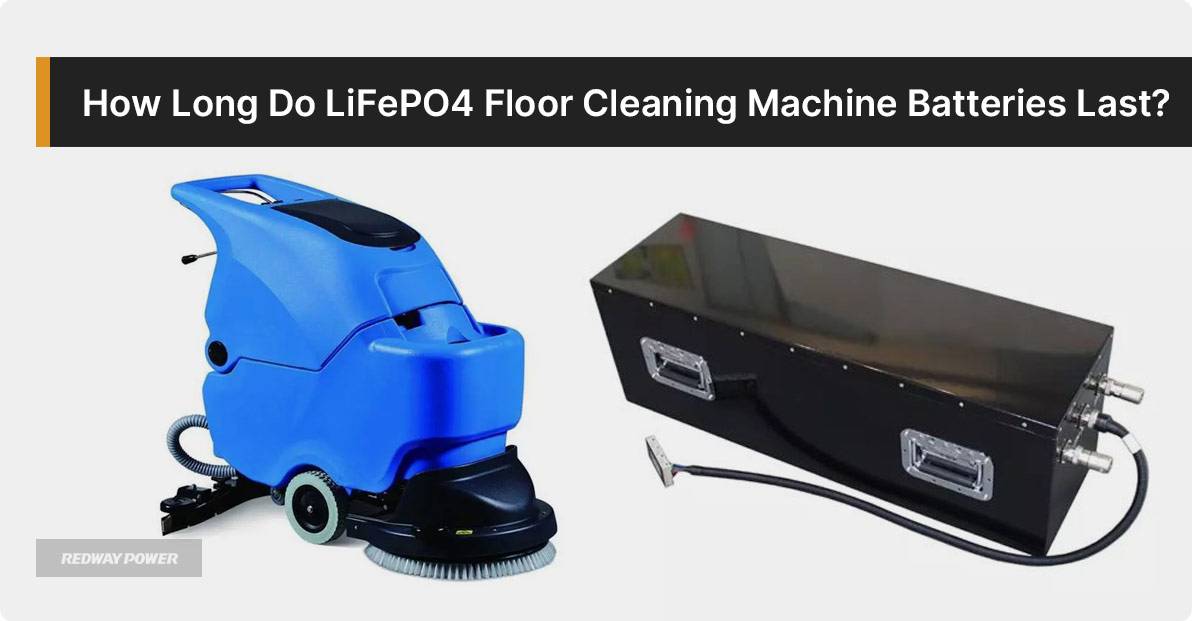
How To Make The Batteries Last Longer?
In the past, engineers were concerned about the so-called memory effect, but modern batteries aren't affected by this issue. On the other hand, people have a tendency to overcharge any battery they use.
If you do this, you could damage your batteries, so follow the manufacturer's charging instructions. It is also important to use the right type of charger for the batteries you're using. Older chargers may not be fully compatible with current generation floor cleaning batteries.
If you store batteries in a discharged condition, it can cause sulfation, which can lead to some serious premature failure conditions your crew won't want to deal with.
Do not let the water level drop below the plate's top while you're taking a look at your batteries. If this area becomes exposed, it can start to dry out and eventually corrode. You should check the fluid level at least once a week.
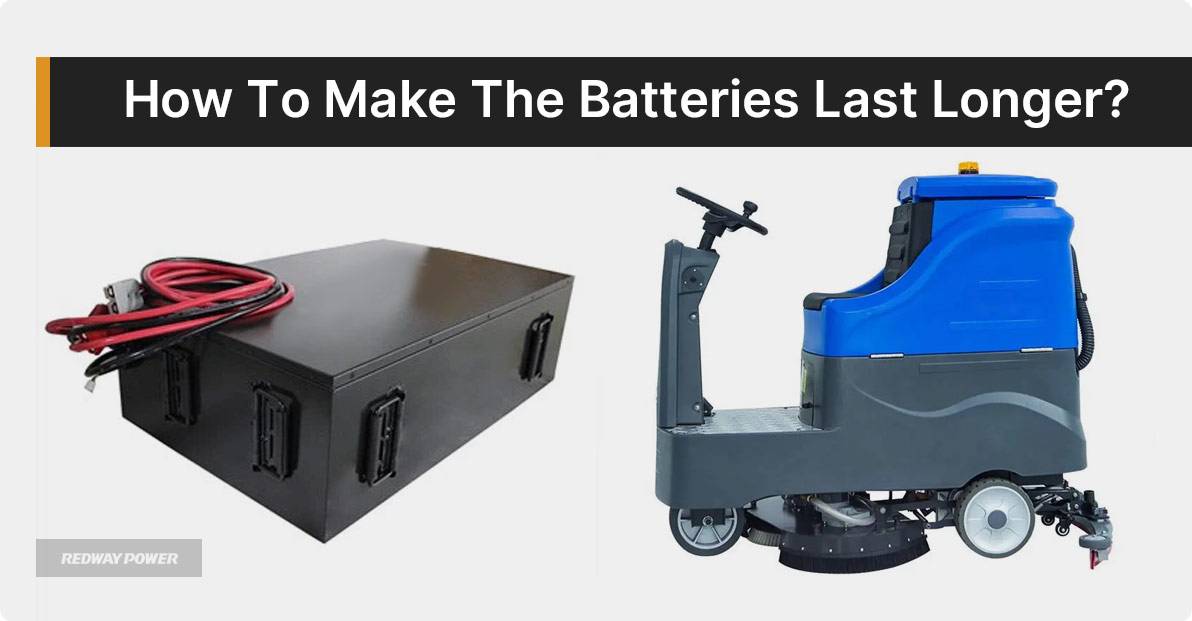
What's The Best Battery For Floor Scrubbers?
Selecting the optimal battery for floor scrubbers hinges on several factors, including the scrubber's specifications, the work environment, and user preferences. Here are four common battery types used in floor scrubbers:
- Wet Lead-Acid: Wet Lead-Acid batteries are the most economical choice, albeit requiring regular water level maintenance. They offer extended cycle life and robustness compared to AGM batteries, making them ideal for users who can commit to upkeep.
- AGM: AGM batteries rank as the second most budget-friendly option. Requiring less maintenance than Wet Lead-Acid batteries, they necessitate full charging after each use and are more susceptible to sulfation.
- Gel: Gel batteries, though pricier than most alternatives except Lithium, boast an extended lifespan compared to Wet Lead-Acid and AGM batteries. Their durability and lower sulfation risk are notable, yet their capacity is slightly reduced, resulting in shorter run times.
- Lithium: Lithium batteries represent the highest initial investment but potentially the most cost-effective choice over time. With the longest lifespan among battery types, they offer superior capacity, are resistant to sulfation, and require minimal maintenance. Despite a fire risk associated with Lithium, Lithium Cleaning Machine batteries employ LiFePO4 technology for enhanced stability.
How many amps does a floor scrubber use?
The amperage (amps) drawn by a floor scrubber can vary significantly due to factors such as model, size, motor efficiency, and operational settings. There's no fixed amperage value applicable to all floor scrubbers since their power requirements differ.
Typically, amperage can range from 5 to 30 amps or more, contingent on the machine's size, motor power, and design. Industrial-grade or ride-on floor scrubbers often demand higher amperage to support their robust motors and larger cleaning capacities.
To ascertain the precise amperage usage of a floor scrubber, it's advisable to consult the manufacturer's technical specifications. These documents outline electrical requirements, including voltage, amperage, and wattage, enabling users to gauge power consumption accurately and choose suitable batteries.
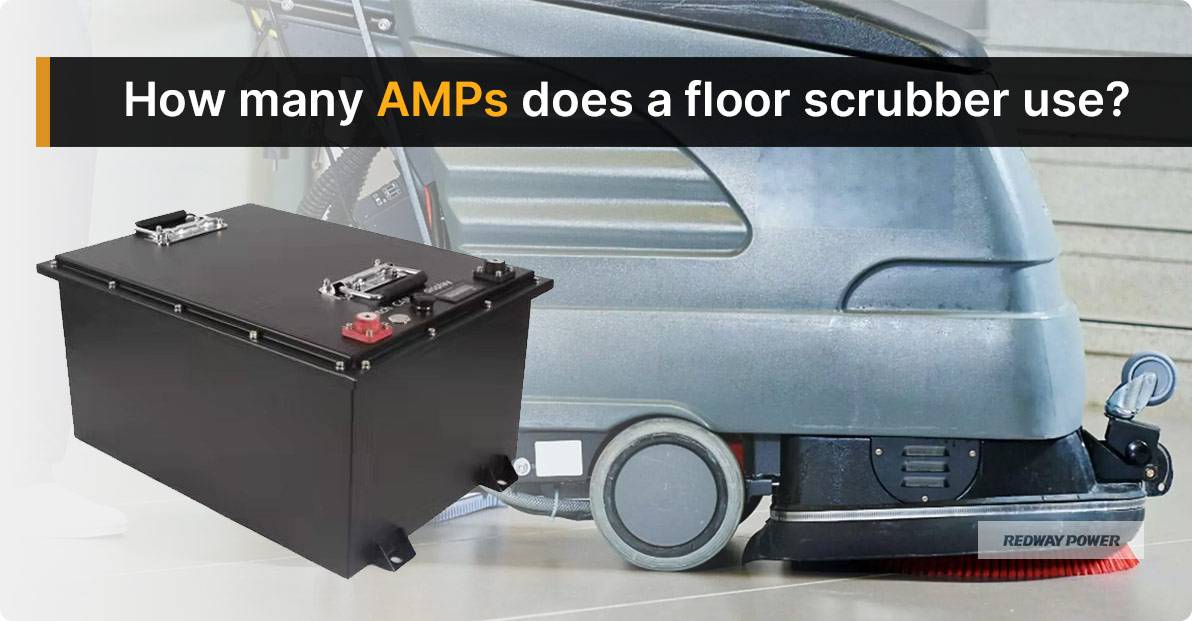
How often should floor scrubbers be recharged?
For optimal performance, floor scrubber batteries should be recharged after each use, particularly if the machine sees regular usage. Overnight charging is recommended, ensuring the charger indicates a full charge before the next use. Leaving the charger running after unplugging the machine is not advisable, as some chargers require manual switching off to signal the end of the charging cycle. Neglecting to do so may result in incomplete charging of the batteries.
